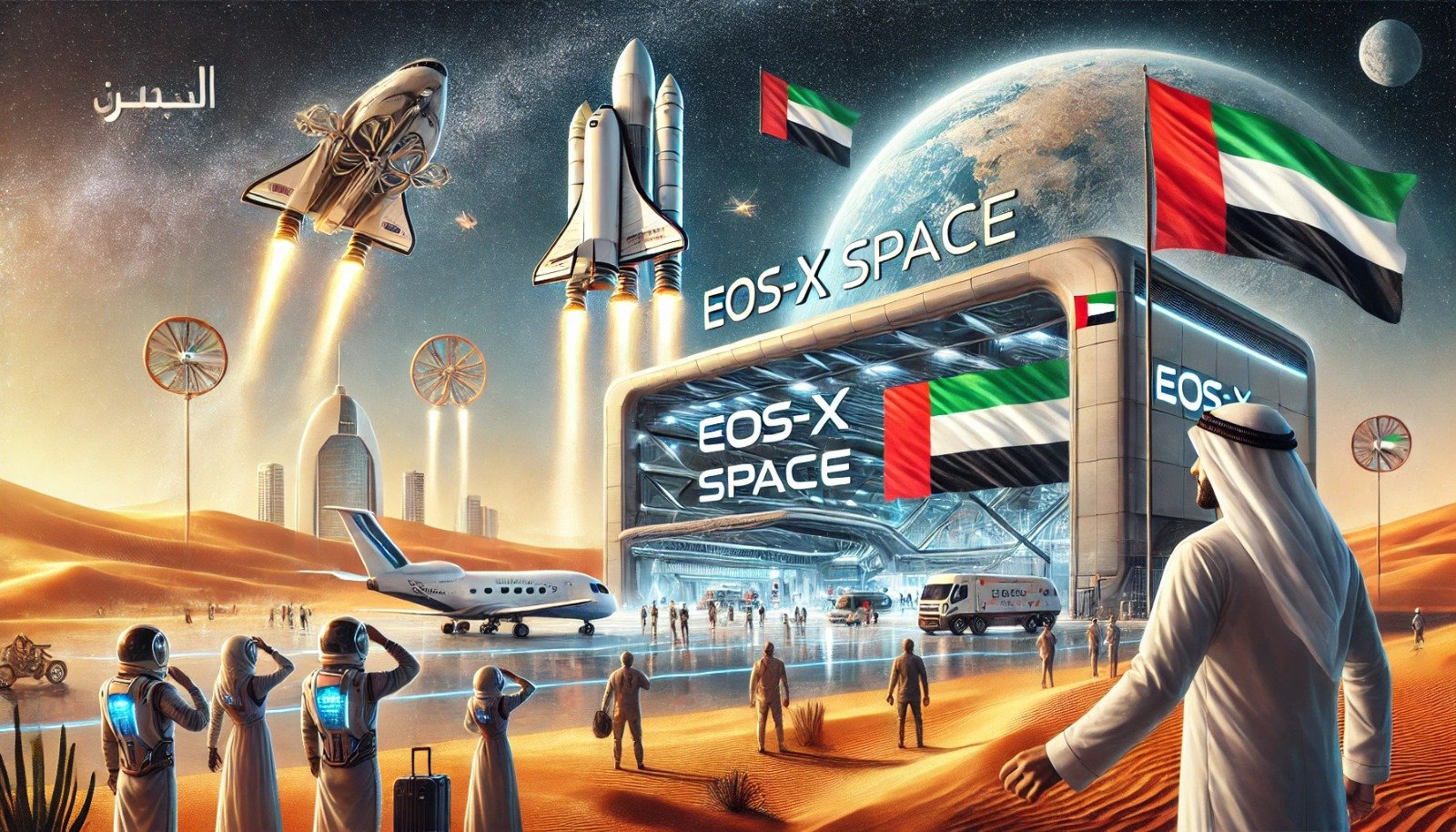
The United Arab Emirates (UAE) is set to pioneer space tourism, with commercial flights slated to begin in the third quarter of 2025. This ambitious initiative, led by the European space company EOS-X Space, will launch flights from Abu Dhabi and Spain, with ticket prices starting at Rs45.5 million (UAE Dh600,000).
Kemel Kharbachi, founder and CEO of EOS-X Space, announced that the development of the Spaceship One manned capsules is almost finished. The next phase involves essential validation tests with military pilots, conducted in partnership with Spain’s National Institute for Aerospace Technology (INTA).
These state-of-the-art pressurized capsules, capable of carrying up to eight passengers including a pilot, will be elevated by eco-friendly helium balloons. These balloons will ascend to the edge of the stratosphere, reaching an altitude of 40,000 meters. At this height, space tourists will enjoy stunning views of space, the blue halo, and the Earth’s curvature during a five-hour trip. This extended duration offers a stark contrast to the brief 11-minute rocket flights provided by Blue Origin.
EOS-X Space aims to differentiate itself by offering a more luxurious and accessible space tourism experience. Instead of requiring extensive training and peak physical fitness, passengers will participate in a bespoke week-long program. This program includes cultural, gastronomic, regenerative medicine, and wellness experiences. The price per passenger ranges from €150,000 (Dh600,000) to €200,000 (Dh800,000), depending on the chosen package.
The company’s detailed announcement highlighted Abu Dhabi as the site for its most advanced global complex, featuring the shuttle, spaceport, and a hotel complex on Yas Island. A similar facility is planned for Tulum, Mexico, with operations expected to start in 2026.
“For now, we are offering an ultra-luxury product aimed at high-net-worth individuals, with around 20 million potential customers worldwide. These ‘ultra-rich’ individuals, along with affluent people capable of spending between €150,000 and €200,000 for an unparalleled experience, are our target market,” Kharbachi explained.
The global space tourism market is currently valued at over $9 billion. “The development of space tourism offers investment prospects as vast and promising as human curiosity. There will come a time, similar to the aviation industry, when this way of seeing the world becomes much more accessible,” Kharbachi added.
Kharbachi and his team estimate that combined revenues from Spain and Abu Dhabi could reach $353 million in the first year of launch, with a gross profit margin of 19 percent. By 2029, the company aims to achieve a turnover of $1.127 billion and a gross profit of $324 million, representing a profit growth of 23.3 percent compared to the previous year. The planned investment for the Abu Dhabi and Seville complexes will exceed $230 million in engineering and development.
The UAE’s entry into the space tourism sector signifies a significant leap forward in the nation’s commitment to innovation and technological advancement. This initiative is set to attract a niche market of high-net-worth individuals seeking unique and luxurious experiences, reinforcing the UAE’s position as a global leader in futuristic tourism and space exploration.